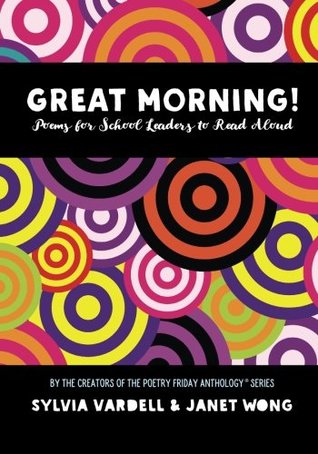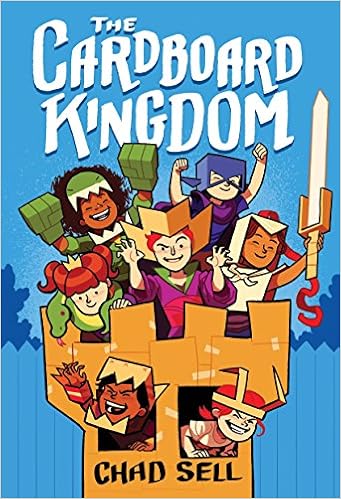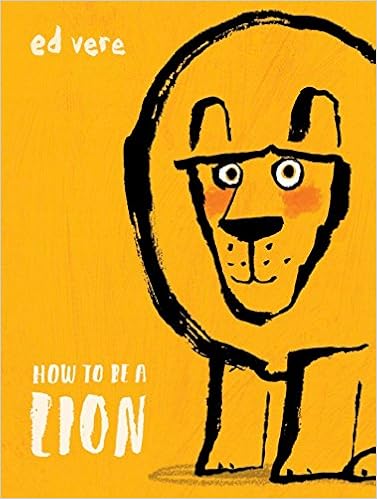Life On Top
Make a mess
Make a life
Life is sweet
Life is bitter
Bitter end
Bitter pill to swallow
Swallow it whole
Swallow your pride
Pride before a fall
Pride that bursts
Bursts of anger
Bursts of joy
Joy in a bundle
Joy mixed with tears
Tears your heart out
Tears it to pieces
Pieces of pie
Pieces of writing
Writing on the wall
Writing it off
Off the cuff
Off balance
Balance and checks
Balance the books
Books we rewrite
Books a flight
Flight of wine
Flight of fancy
Fancy that
Fancy up
Up my spine
Up in the air
Air your grievance
Air it out good
Good grief
Good as gold
Gold standard
Gold can't stay
Stay put
Stay ahead
Ahead of time
Ahead of the game
Game changer
Game over
Over easy
Over the top
Top heavy
Top flight
Heavy
Flight
©Mary Lee Hahn, 2018
I was cleaning up my computer desktop this week and found a link I'd saved for the
Blitz Poem poetic form. Perhaps
you were the one who shared a Blitz Poem and piqued my interest enough to cause me to save that link. At any rate, what good are summer mornings if we don't spend an hour or two playing around with words?!
This poem was made possible by
The Free Dictionary, which has a tab for idioms. I also needed an exhaustive
list of prepositions to craft my title. Because the title comes from the 3rd and 47th lines of the poem, I revised the last ten lines four times because I couldn't find a preposition I liked that linked life with blood, back, or easy. And I sure wasn't going to go all the way back and change line 3!
This seems like a form that might be fun for my fifth graders. I was pretty intentional at the beginning, but much of the drafting of the middle involved putting down the first phrases that came to mind. I'm not sure the poem makes a ton of sense when taken as a whole (and I did complicate things by playing free and easy with the tears/tears homograph), but the spiraling way the words and phrases are connected...even the way the poem reads if you just look at the first words of each line...there is a satisfactory feel to it...if only during the writing!
(Here's a
bonus poem, also created from idioms!)
The Poetry Friday roundup is here this week, and I'll roundup "old school" since I have time. Leave your links in the comments and I'll add them as they come in.
THE ROUNDUP
It's winter down under, and
Sally Murphy has written a snuggly ruggy poem.
Molly Hogan shares her poem swap goodies from Linda B.
Robyn Hood Black has some quick newsletter news for interested subscribers.
Michelle Kogan shares art and writing from her recent trip to Door County, WI.
More summer poem swap bounty shared by
Linda Mitchell.
At
Random Noodling, Diane Mayr has Statue of Liberty cherita postcards, and at
Kurious Kitty, a poem from the anthology
Forgotten Women.
The Poetry Princesses wrote sestinas this month.
Laura Purdie Salas self-identified hers as "morose."
Sara Lewis Holmes starts with Oscar Wilde's Miss Prism and goes deep from there.
Tricia Stohr Hunt was the Princess who issued the sestina challenge this month.
Tanita Davis' sestina is combative (her word, not mine...but I do believe hers should be SHOUTED)
Laura Shovan has a 100 Thousand Poets for Change challenge for all of us.
Myra Garces Bacsal is featuring a new book-length poem by Jason Reynolds.
Linda Baie shares selections from a book of poetry by Robert Newton Peck.
Jane Whittingham, the Raincity Librarian, writes about an author visit she did for her debut picture book.
Matt Forrest Esenwine shares a dramatic ocean haiku today.
Brenda Harsham contemplates philosophy in her tanka.
Jan Godown Annino has enough goodness packed into her post to last us all of August!
Erin Mauger wrote a poem for the
Rosellas that visit her Australian yard. (Any other North Americans who wish they had some Rosellas in their yard?!?!)
Heidi Mordhorst takes us to a "London-proper narrow lane" to a poetry event celebrating youth poets.
Poet Aimee Nezhukumatathil (yes, I used copy/paste :-) is featured by Tabatha at
The Opposite of Indifference.
Ruth shares a back-to-school poem by William Stafford.
Margaret Simon wrote a found poem using photos of signs in Boston.
Irene Latham is reinventing August. (Good luck with that!)
Reading the James Stevenson poem
Maureen Nosal shares will give you a feeling of synchronicity, if you just read Irene's poems! (I LOVE when Poetry Friday does that!!)
Steve Peterson used Seamus Heaney's "Postscript" as the inspiration for his contemplation of the Iowa summer.
Kay McGriff captures the sounds and spirit of New Orleans jazz perfectly in her poem.
Little Willow shares a poem with a great twist at the end.
Christie Wyman has a bird song mnemonics poem and a challenge for us for August 17, when she'll be hosting the Poetry Friday Roundup -- she's asking that we all share a bird poem that week. Sounds like fun! Remember when we did
Billy Collins, or when we did
mac-n-cheese?
Donna Smith gave a blitz a go! Yay, Donna!!
Liz Steinglass got Poetry Swap goodies from Irene.
Dani Burtsfield has the final stop on the Bayou Song blog tour. She has poems parallel to Margaret's, but that are set in Montana instead of Louisiana.
Carol Varsalona wrote a delightful summer poem to inspire us to submit our creative work to her newest digital gallery.
Tara Smith honors James Baldwin in her post.
Jone MacCulloch has a hummingbird haiga for us this week.
Ramona was inspired by Laura Shovan to collect rhyming picture books to read aloud on September 29th!
A trip to the American Museum of Natural history got
Catherine Flynn thinking about dinosaurs.
Using the prompt from Amy LV's book POEMS ARE TEACHERS "If you could bring someone from this time period to life, what would you ask?",
Mandy Robek brings to life Lizzy Murphy in her poem.
HAPPY FRIDAY! HAPPY POETRY! HAPPY POETRY FRIDAY!









































